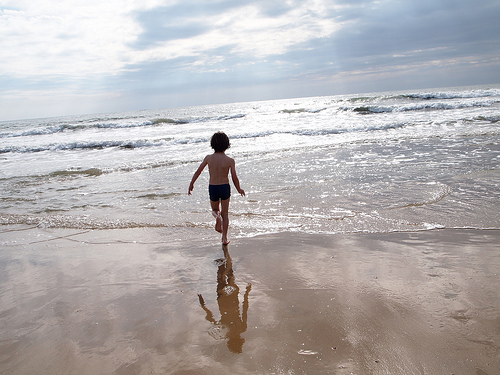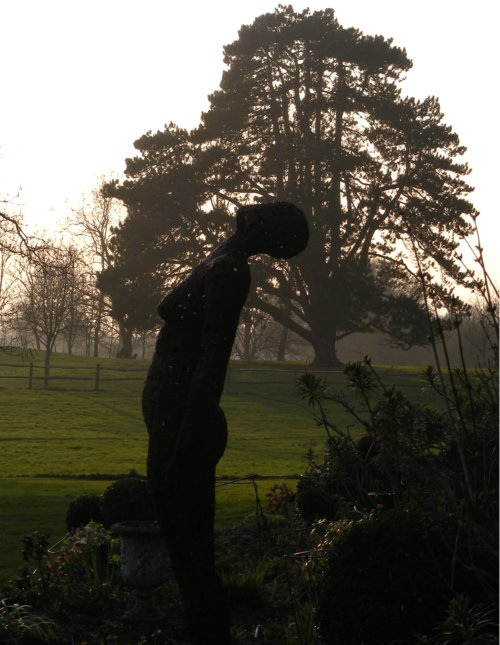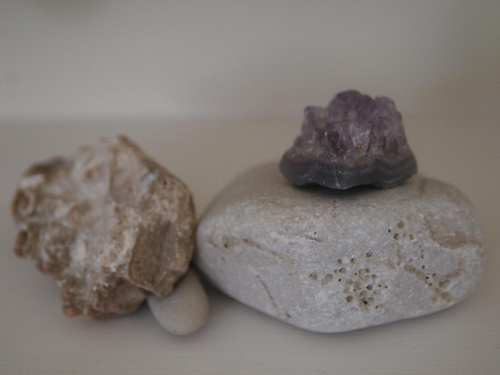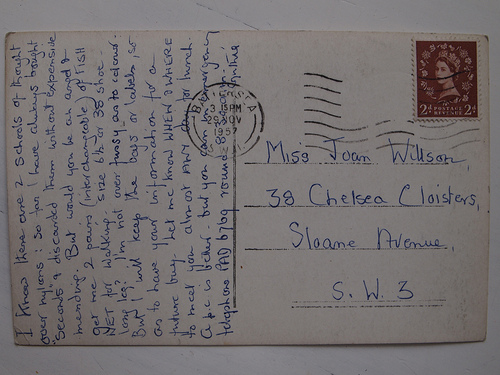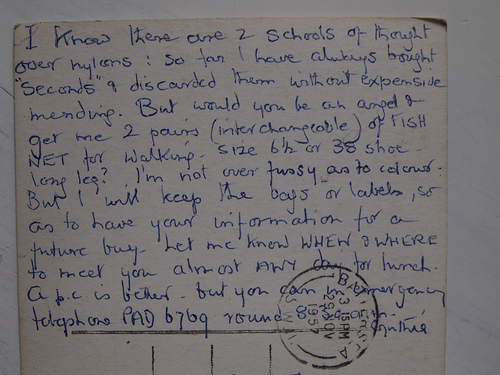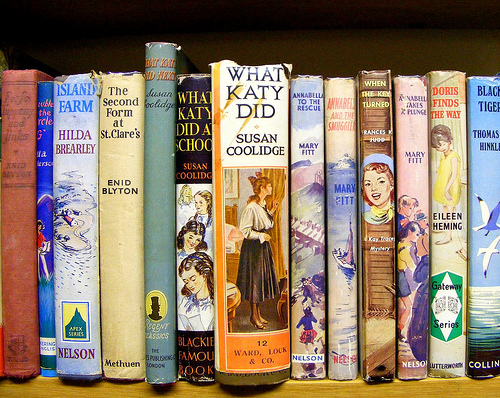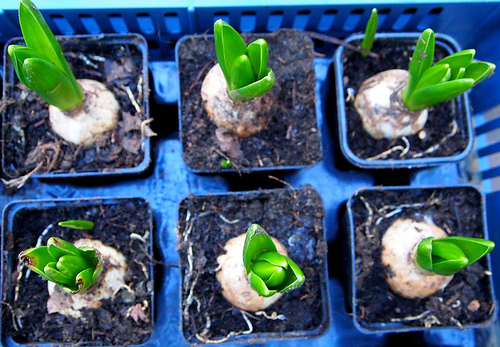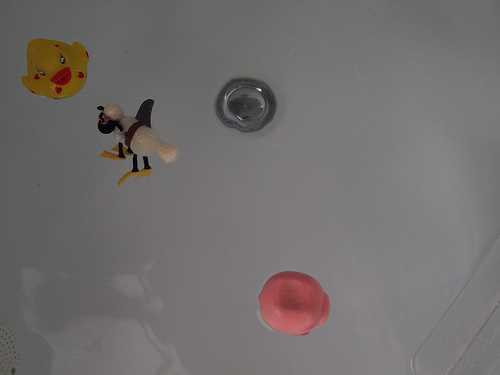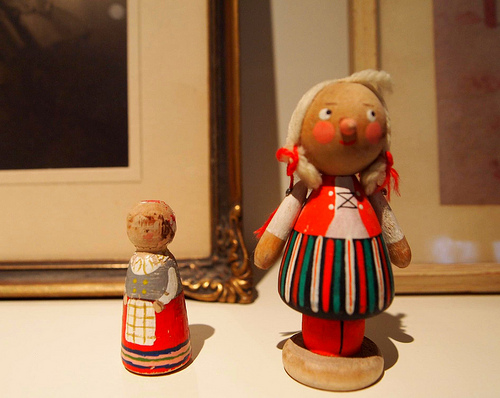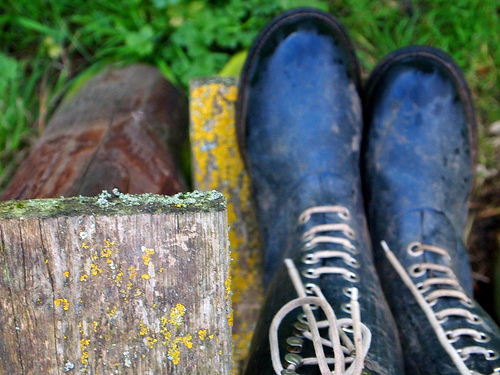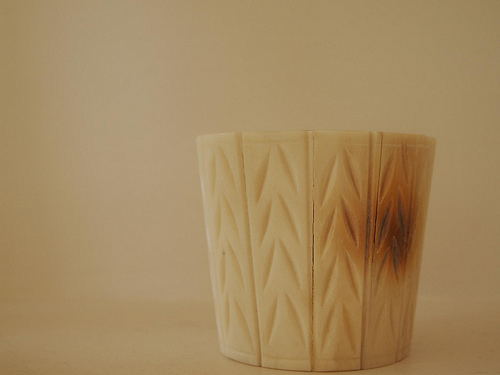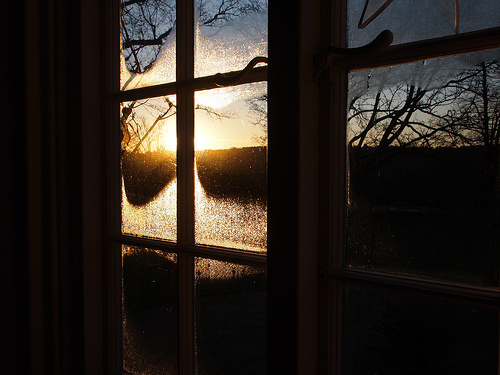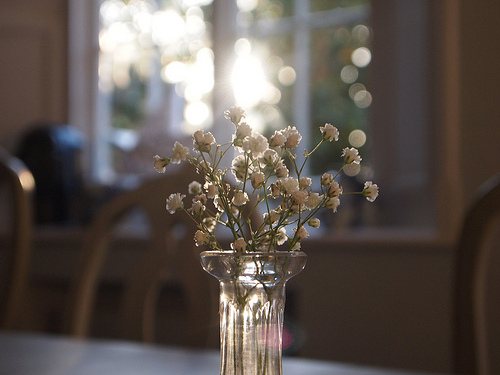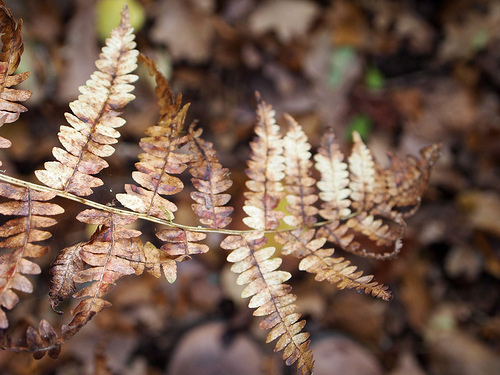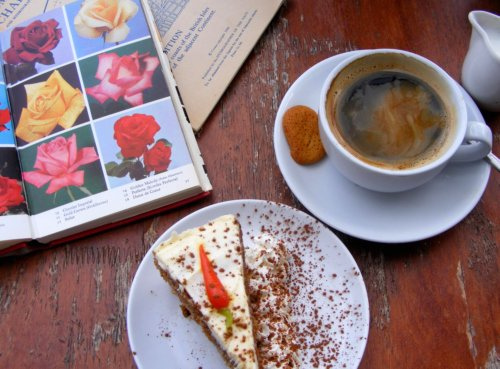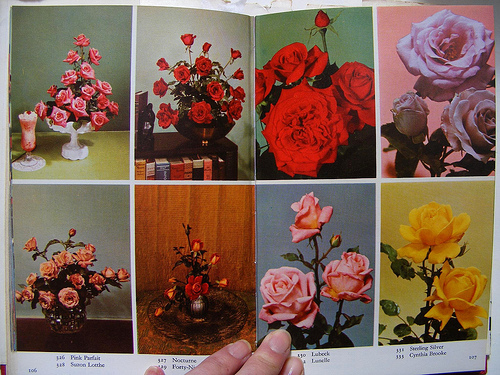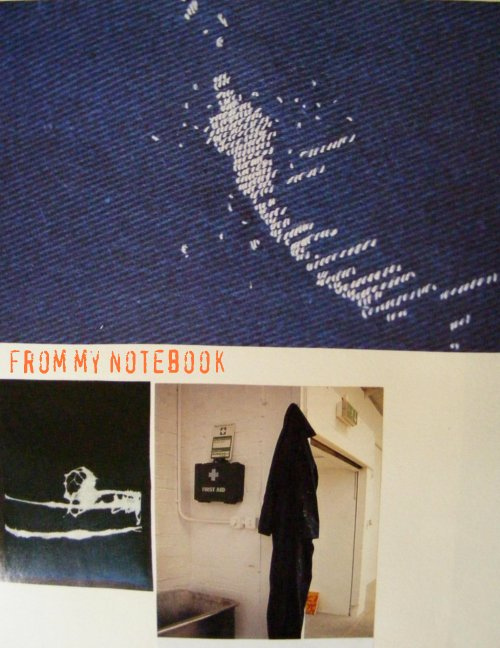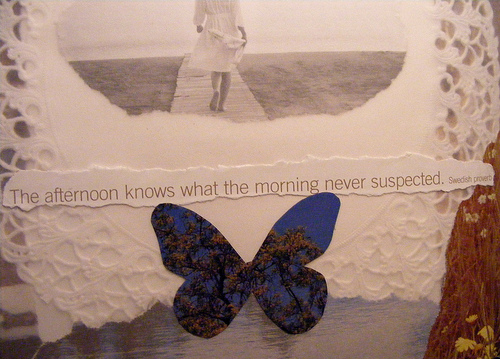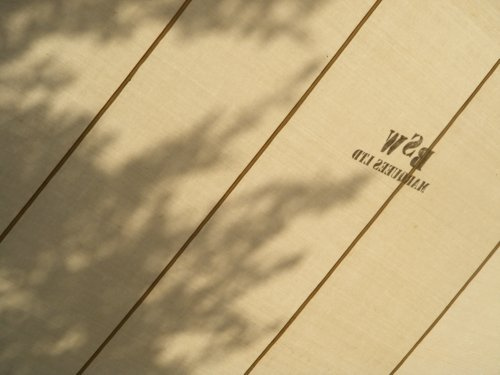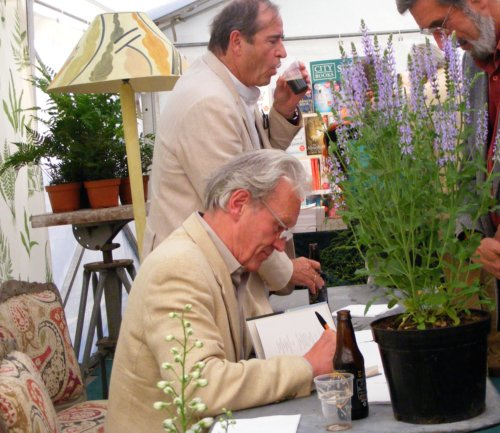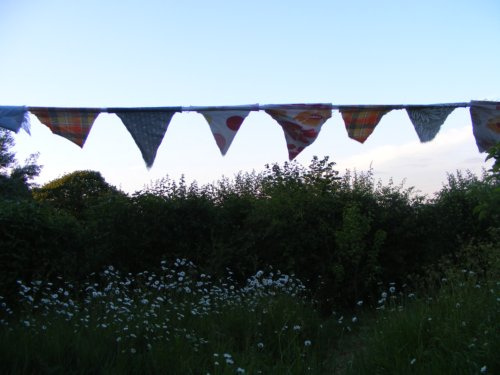silence II
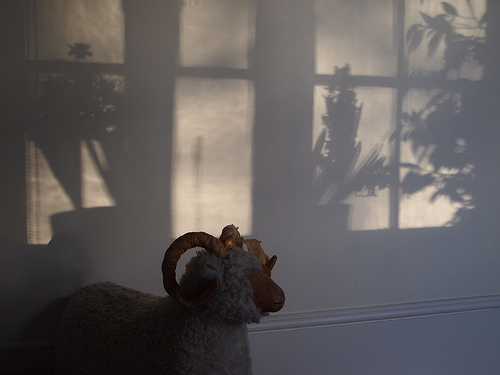
'Some people say you can hear the northern lights, that they whoosh or whistle. Silence, icebergs, musk oxen, and now the aurora borealis - the phenomena of the Arctic. This is why we've come here. This is why we are out on the freezing deck at midnight.
Polly comes up beside me and pokes me as best she can through all the layers of clothes. With head tilted back she whispers, 'They are changing without moving', which is true, and I fall to wondering if there are other ways of changing without moving. Growing older perhaps, as we are. Reforming one's attitudes, maybe.
...
Among the passengers are doctors, dentists and engineers: people, it would seem, of professional certainty. People like myself - and Polly, I suspect - who don't quite know what we are. Who know only that we live short lives, that we float on the surface of a powerful silence on the surface of a mile-deep fjord, with icebergs, that we're driven by some sort of life force, flickering and green.'
Kathleen Jamie 'Aurora' Sightlines
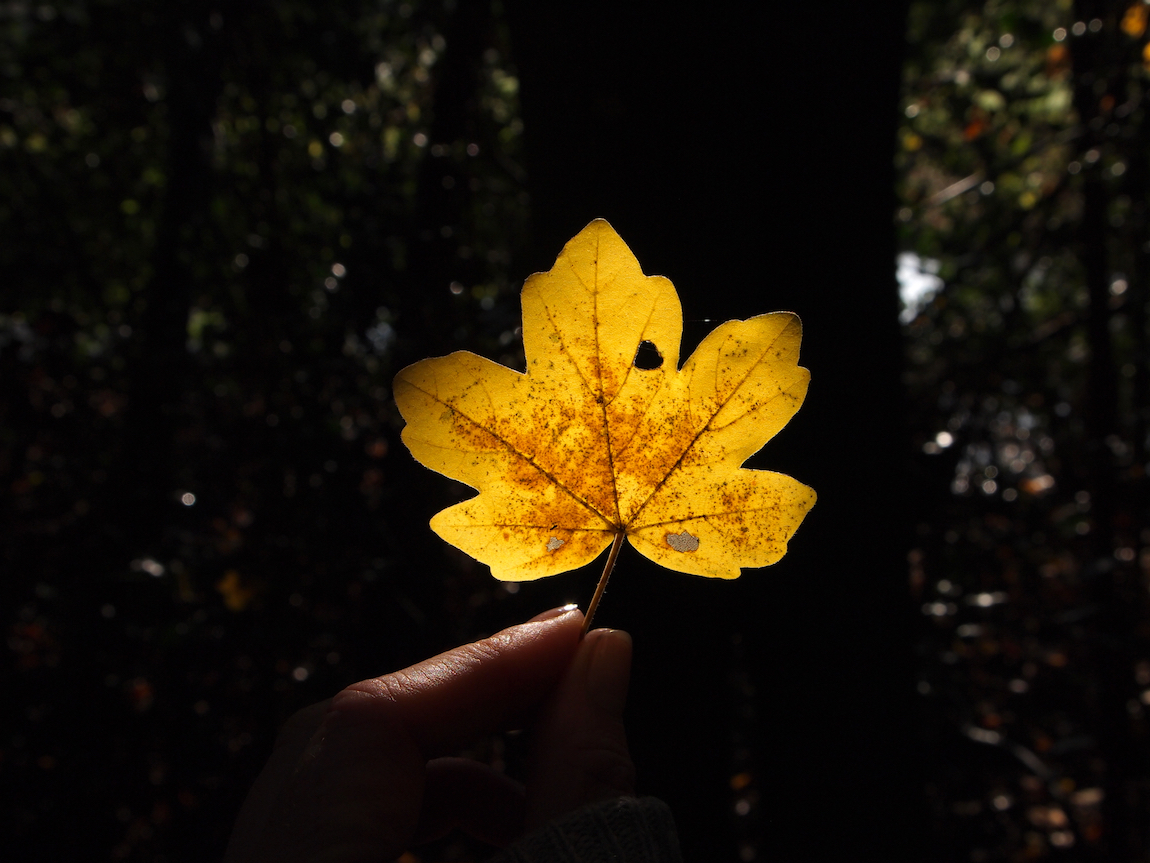
 October 28, 2014
October 28, 2014